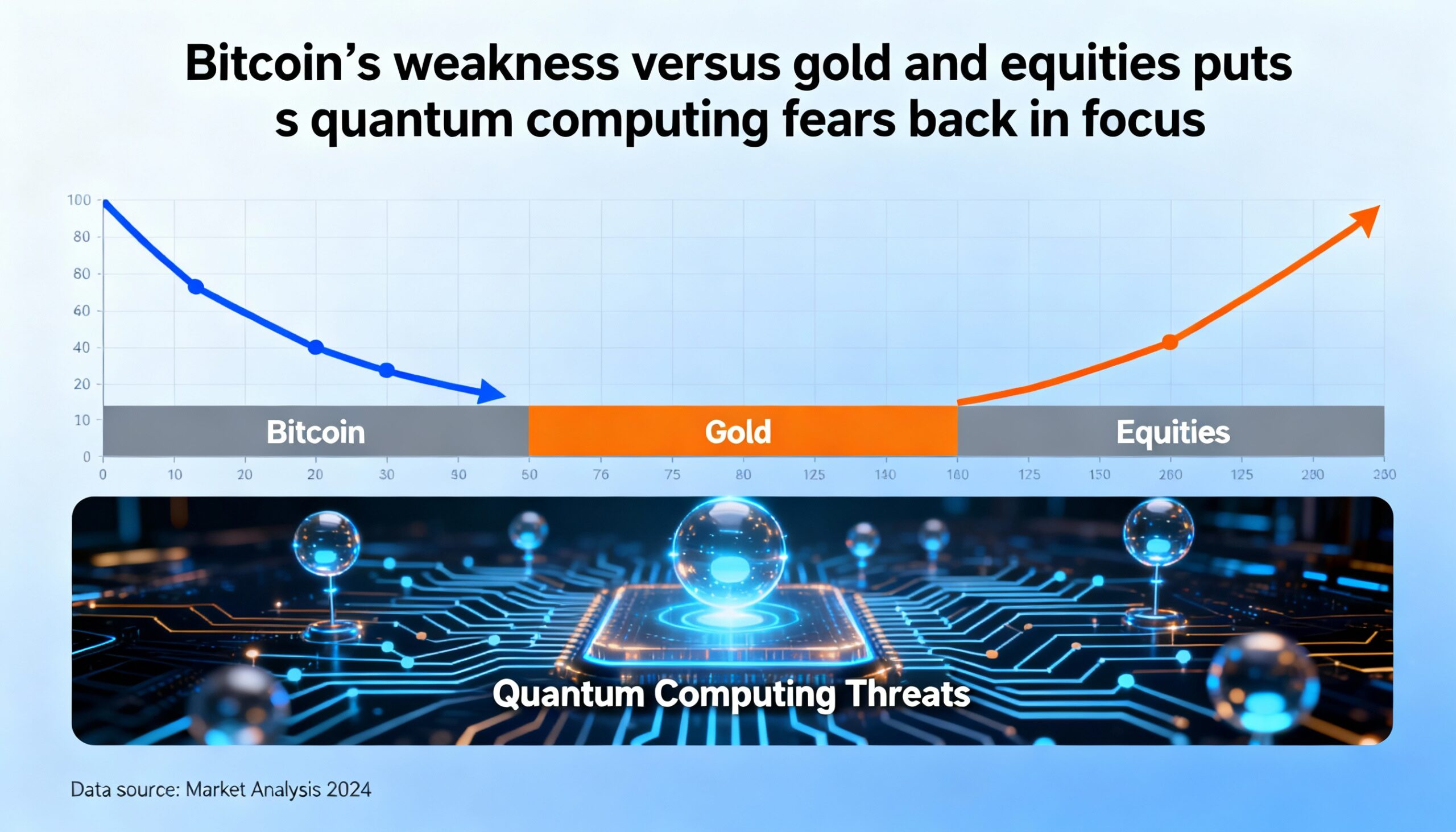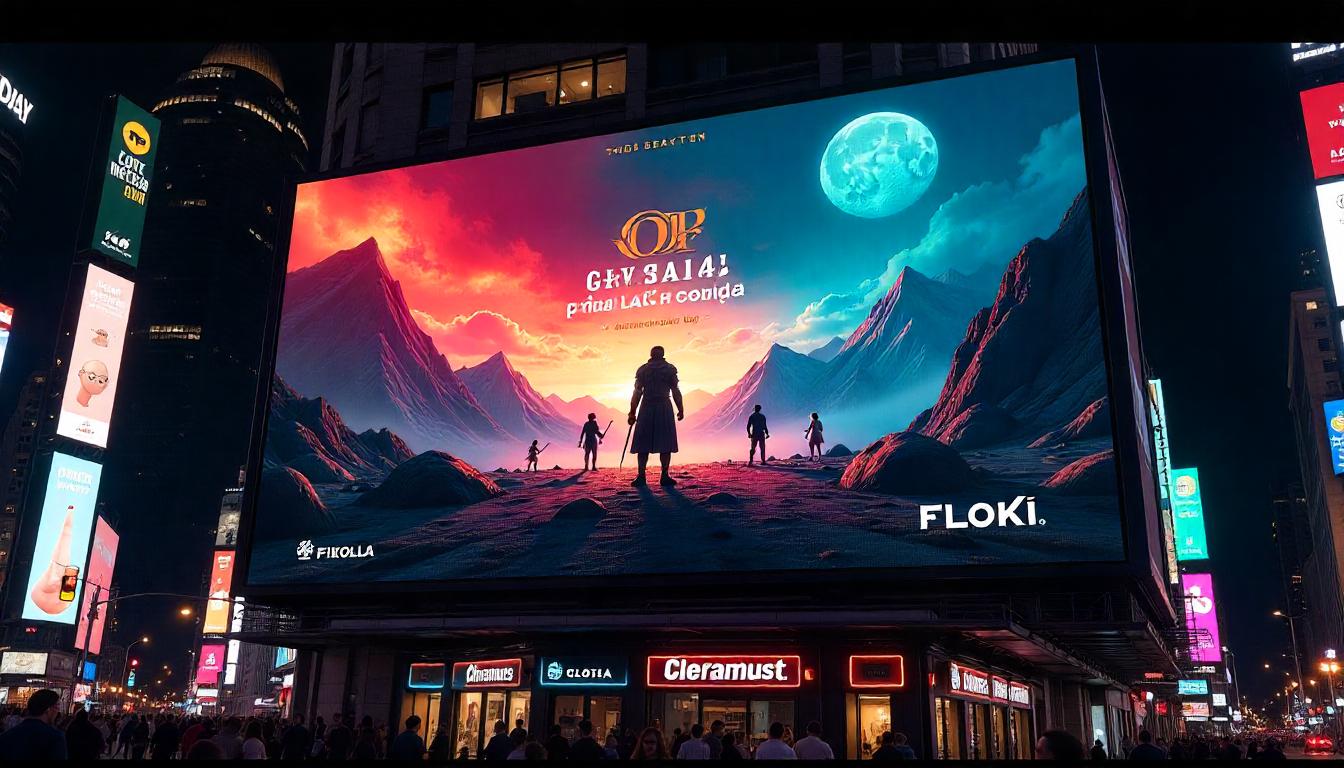Polymarket Faces Criticism Over UMA Dispute Resolution in Zelenskyy Suit Market
Polymarket is under fire following a controversial ruling on a prediction market about whether Ukrainian President Volodymyr Zelenskyy wore a suit, sparking concerns over the platform’s decentralized dispute system and frustrating users.
At the center of the dispute is UMA, the decentralized oracle protocol that handles market resolution on Polymarket. UMA relies on token-holder votes to settle disagreements, but its process has drawn criticism for allowing concentrated token holders to sway outcomes.
The Zelenskyy Suit Controversy
The dispute arose from a market questioning if Zelenskyy appeared in a suit before July. On June 25, major outlets including the BBC and New York Post reported he did, but UMA’s decision marked the outcome as “No”, leaving many bettors upset, especially given the market’s size nearing $200 million.
Top Polymarket Trader Voices Concerns
High-profile trader RememberAmalek criticized UMA’s voting mechanism, saying incentives push voters to side with the expected majority to avoid penalties, rather than basing decisions on facts.
“Because voters risk losing staked tokens if they disagree with the final result, they tend to vote strategically, not truthfully,” he explained.
RememberAmalek is known for his savvy bets, including a notable $300,000 win on Zohran Mamdani’s New York mayoral primary upset, and has earned over $1 million across multiple Polymarket accounts.
Whale Influence and Centralization Risks
UMA’s system penalizes voters whose decisions diverge from consensus by slashing their stakes, effectively encouraging conformity. Large token holders, or “whales,” wield outsized influence, often tipping outcomes.
Blockchain data from IntotheBlock shows 95% of UMA tokens are concentrated in big wallets, compared to roughly half of ETH’s tokens. This raises questions about the true decentralization of UMA’s governance.
Betting on Voting Outcomes Over Reality
RememberAmalek revealed he now bets based on how UMA will rule rather than on real-world events, highlighting a fundamental flaw in the current system.
Calls for Platform-Managed Resolution
Despite his critiques, RememberAmalek suggests that a more centralized dispute resolution run directly by Polymarket—rather than relying on UMA—could restore fairness and user trust.
He concluded: “As it stands, this isn’t decentralized.”





